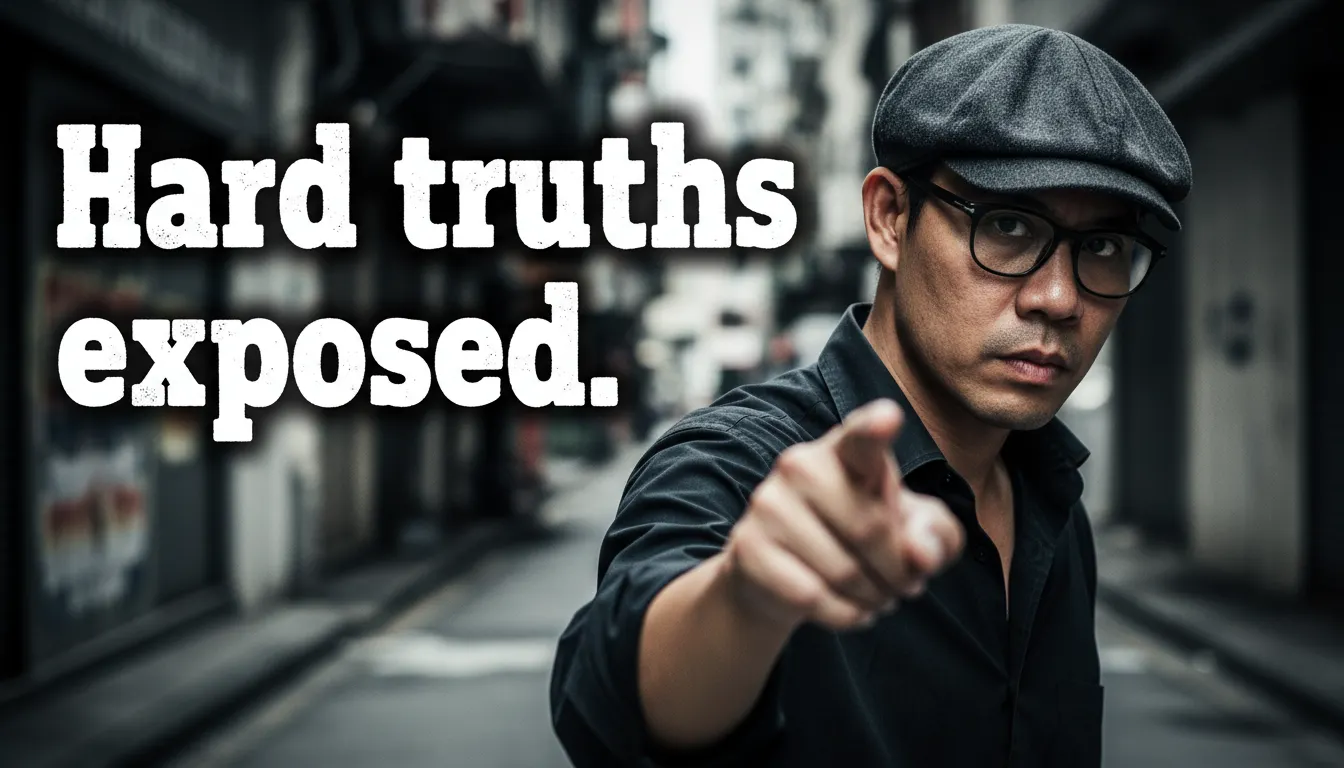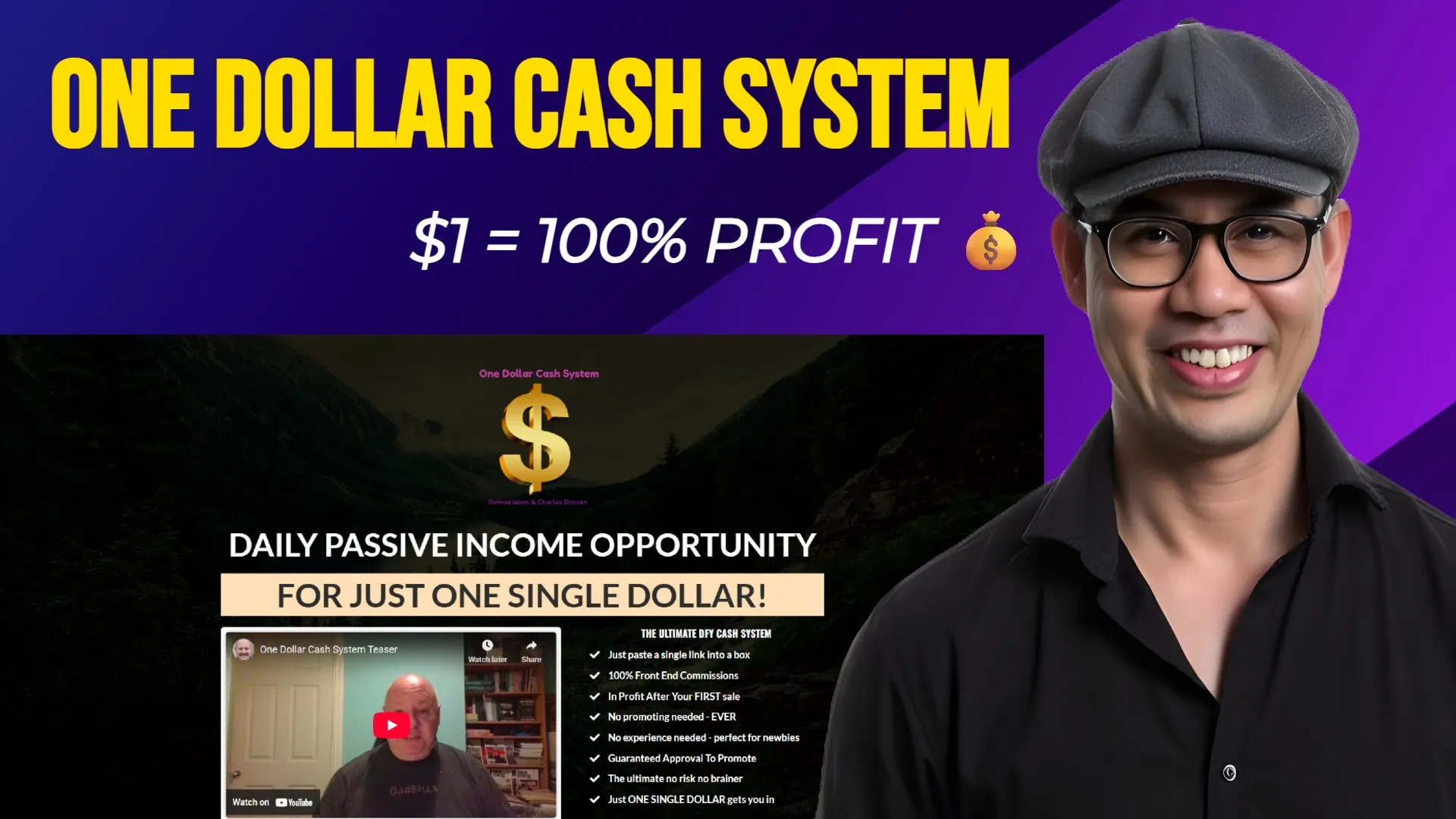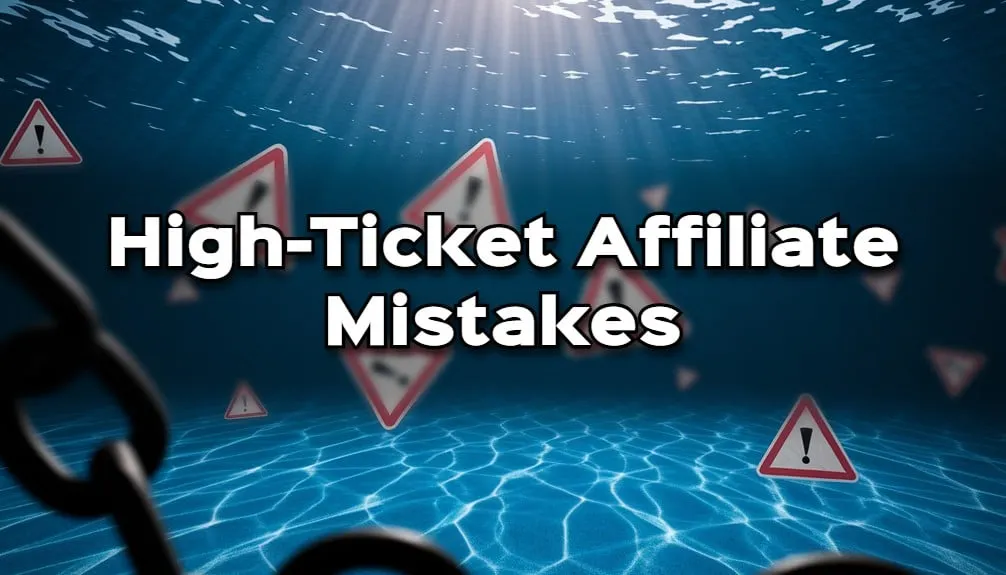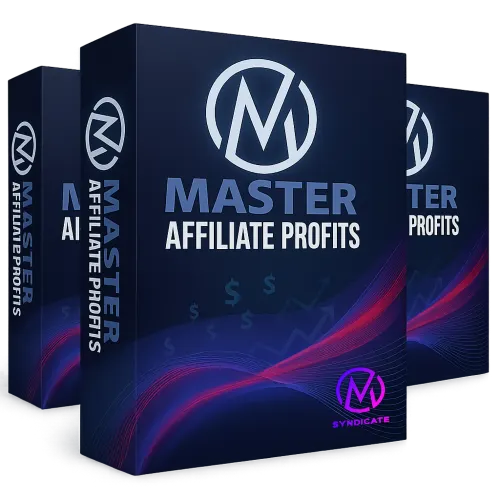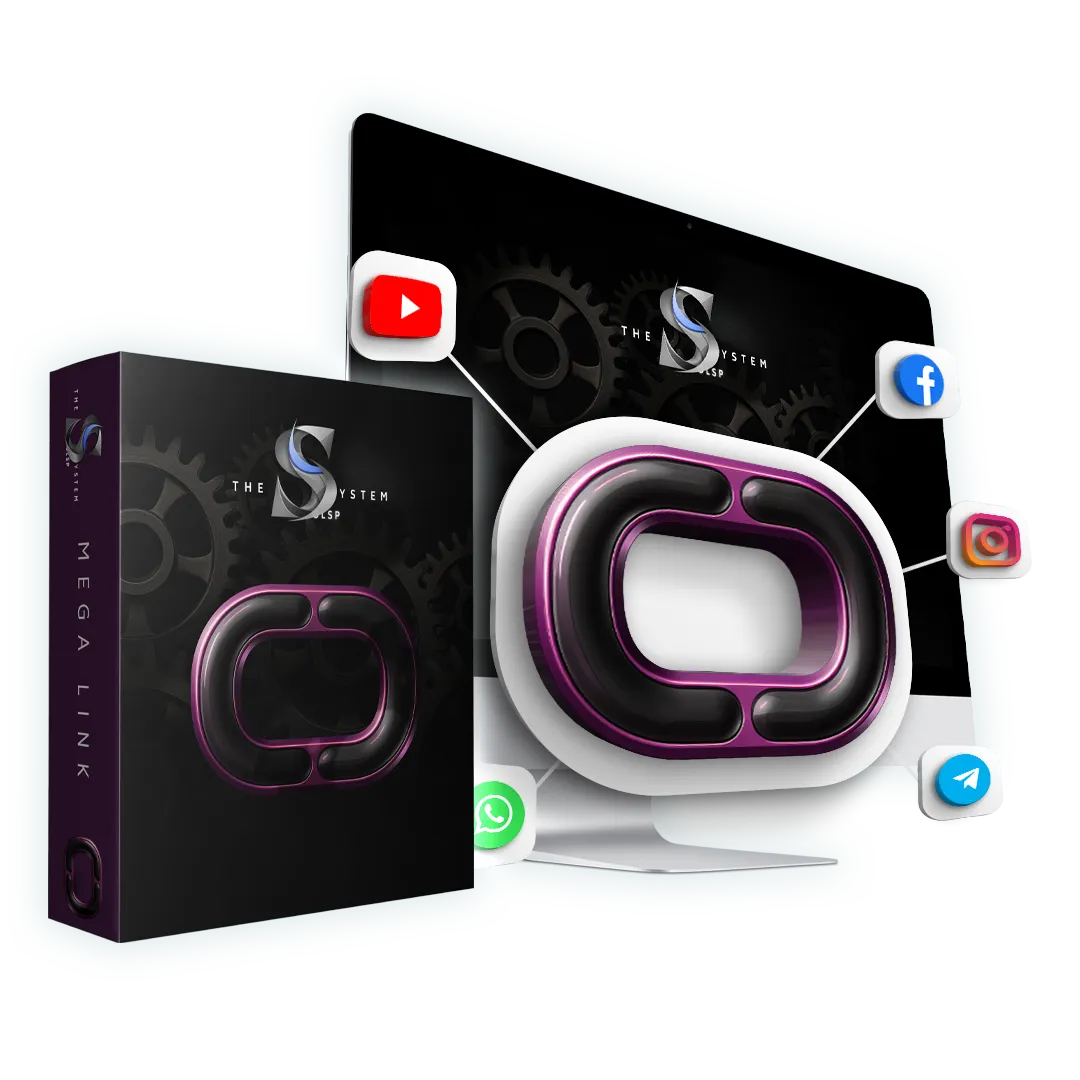3 Things to Know About Your Money Before Investing in Real Estate
If you're thinking about investing in real estate, there are 3 things that you need to consider.

So, you want to invest in real estate. Great idea! As many people already know, real estate investing can be much more lucrative in the long run as opposed to investing in the stock market (not that stock market investing is a bad idea either). But how do you begin your investing journey? By searching for properties to buy? Kind of. While this is the official first step, there are a few things you need to know about money before you begin the investing process.
What is it you need to know about money, you may ask? Obviously (or hopefully), if you are considering investing in real estate, you have a good grip on your finances. While this is a good foundation, it’s not all you need to have financial knowledge of before beginning.
There are three main things to consider before you start investing: your loans, your debts, and your taxes. Let’s take a little more of an in-depth look here:
1. Loans
If you are part of the almost one-third of Americans who currently has a college degree, congratulations! But, how much did you spend on school? How did you pay for your education? Chances are, you are one of the 44.7 million Americans who currently has student loan debts (source). And that’s a bad thing.
Is your education a bad thing? Absolutely not. Is your degree a bad thing? Of course not. But student loans can and will hurt your finances and your investment opportunities in the long run if you are unable to pay them off.
But what can you do about it? If you need the money to go to school, you may not have any option but to take out student loan debts. And that’s okay. The main thing you must remember is that you have to be able to pay them off.
How can you be sure you can pay your debts off? Easy. Just make sure that you have a clear, defined career path that you know will make you enough money to pay them off. Switching majors or going into a less lucrative career field is all fine and good but you have to understand the risk associated with it, and try to take on as little debt as possible.
Student loan debt is the most common debt to have amongst adults, but the same principle applies to any debt you incur in your life: you have to know how you’re going to pay that debt off.
2. Debt
Now that we’ve talked about loans and bad debt, let’s take a look at the good debt out there. That’s right: there is definitely such thing as good debt, as crazy as that sounds.
The same principle applies to this debt as with student loans: make sure you can pay it off. However, using debt can actually make you rich. In fact, there’s a very good chance you will need to accrue some form of debt in order to make money. Ever heard the old adage “you need to spend money to make money”? Well, it’s true.
In order to buy an investment property, you will most likely need to get a bank loan and/or borrow money from a private investor. While this is still considered debt, this is a good form of debt. As long as you’ve bought a property you know will become lucrative and profitable in the long run, you will easily be able to pay off your debt and make a profit. Herein lies the fundamental difference between good debt and bad debt: good debt is something that will end up making you money in the long run, while bad debt is not.
3. Taxes
The third, and potentially most important thing you will need to know about is your taxes. There is a very good chance that taxes will be your largest expense, so it’s important to find as many (legal) loopholes as you can to make sure you’re paying as little as possible.
How can you do this? The best way is going to be by growing your business as much as you can.
If you are an employee at a company, you will most likely be paying around 40% in taxes. Sounds like a lot, right? Well, let’s say you leave that company and become a small business owner. Now, you’re looking at paying around 60% in taxes. Whew. That’s bad. But, that doesn’t mean that starting up a business is bad- it just means you have to keep growing it!
The government wants large businesses to prosper because they contribute to job stability in the country. Once you have a larger business, you will be looking at paying more like 20% in taxes, which is a huge pay cut. But, it gets even better.
Do you know how much professional investors pay in taxes? As little as 0%. So, as you grow your business and your investment portfolio, keep your eye on the prize- you have the ability to get there too!
So, we’ve taken a look at three of the main things you’ll need to educate yourself on before you begin investing in real estate. While there is definitely a lot more you will need to learn- and remember, enhancing your financial knowledge is never a bad thing- having a good understanding of concepts like loans, debt, and taxes will give you a solid foundation in which you can build your investment career on.
There’s just one more thing to do now- go put these lessons into practice. Do you have any debt? What kind? What are you going to do to pay these debts off? Do you know much in taxes you will owe at the end of the year, and what tax bracket you fall into? Answering these questions is the first step towards building financial independence and beginning your career in investing!


